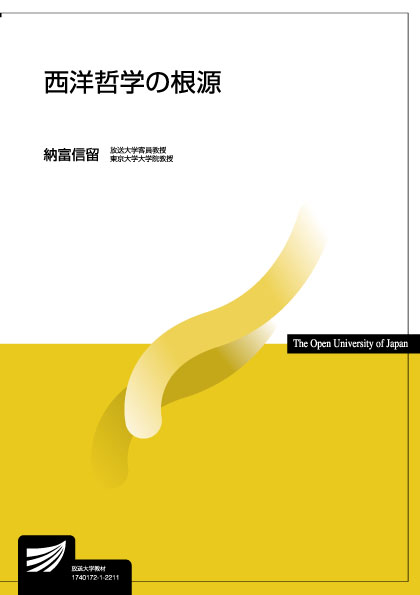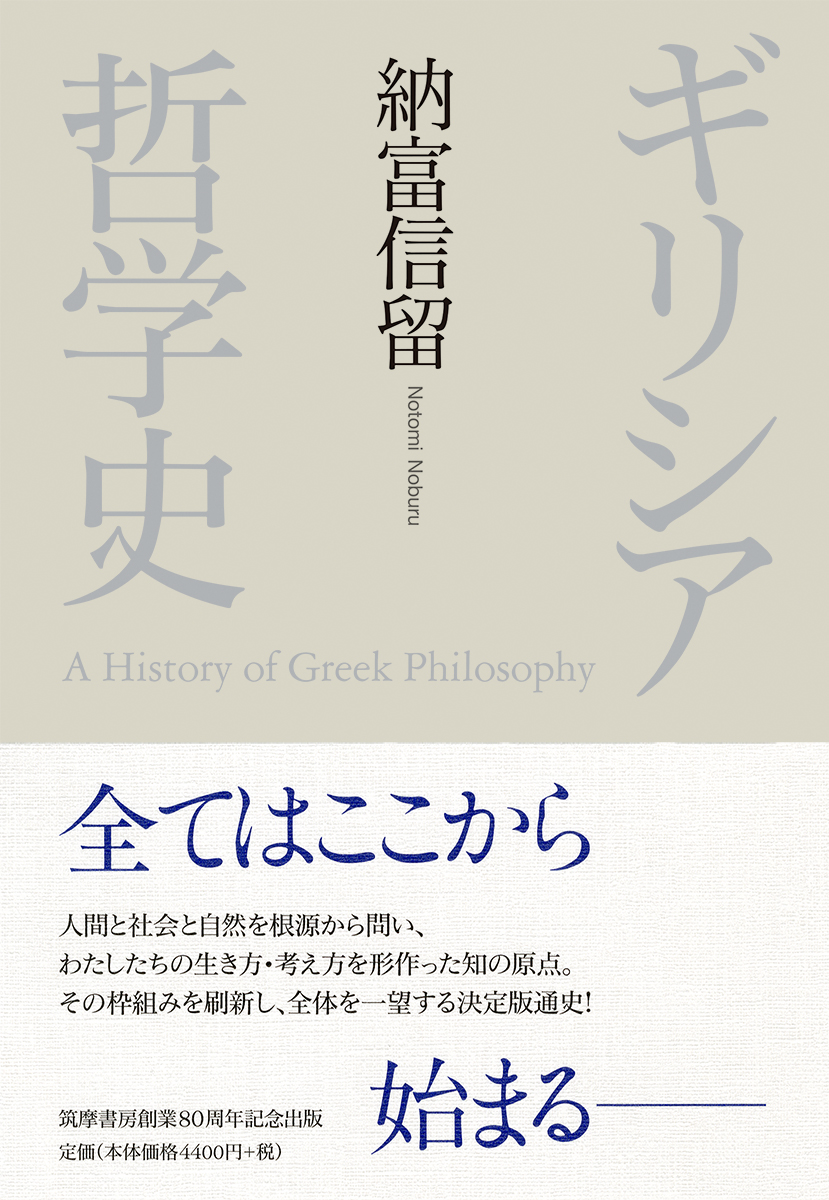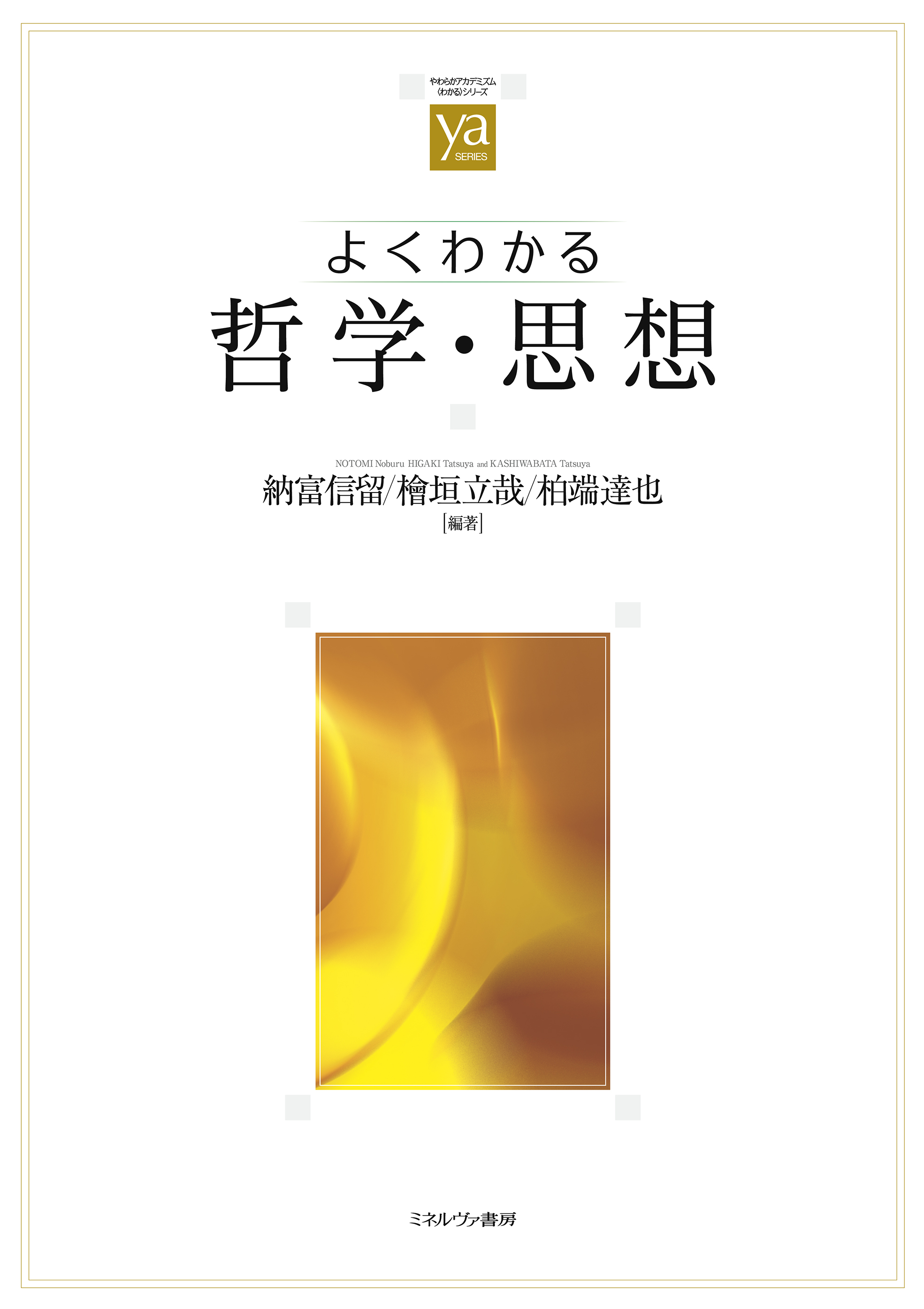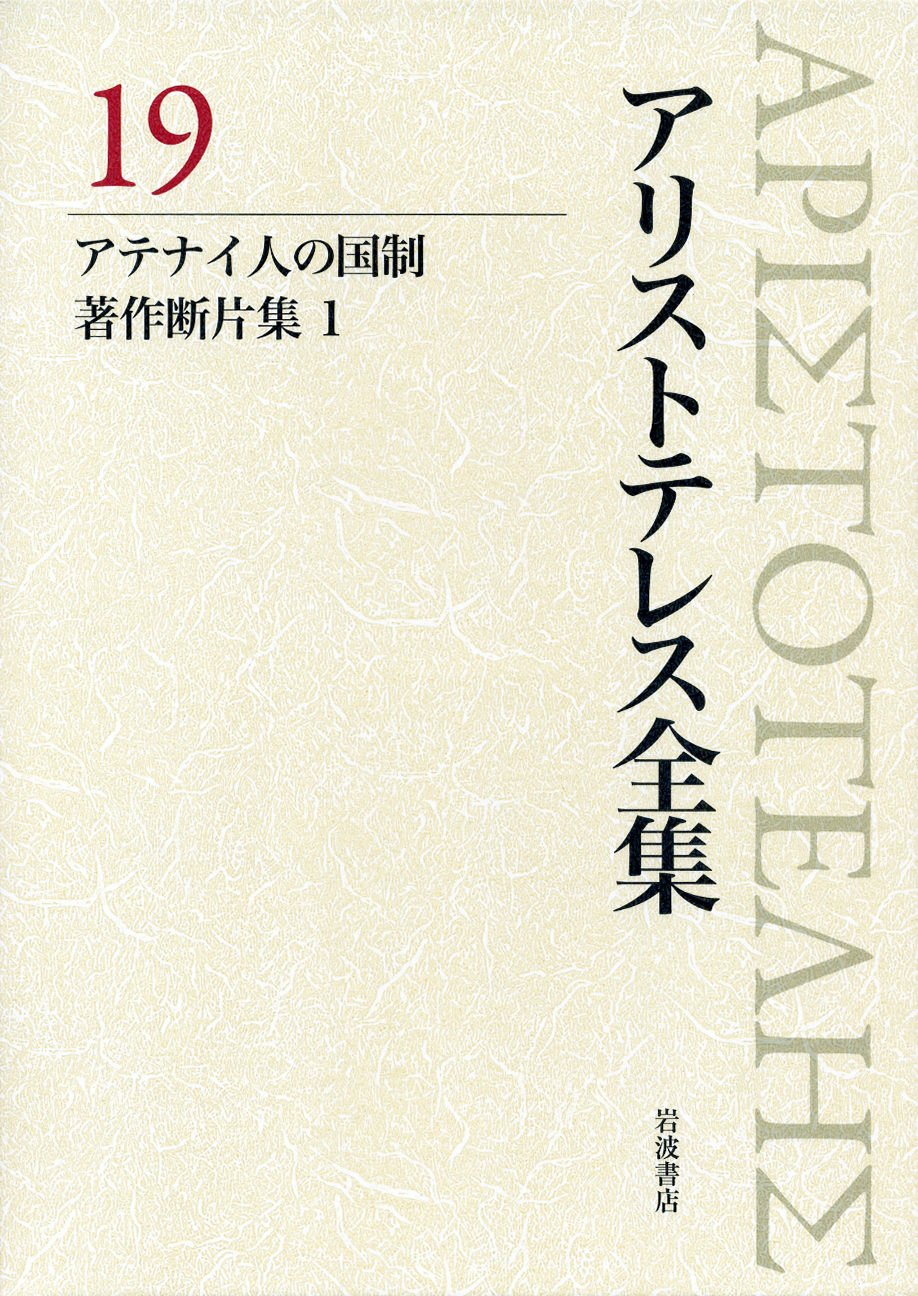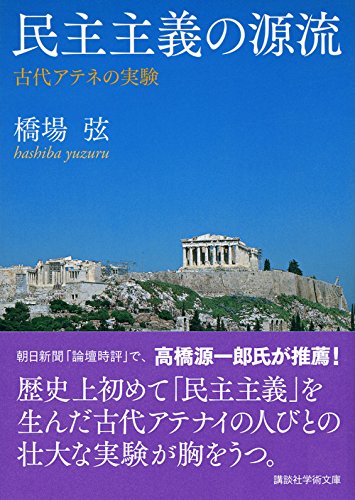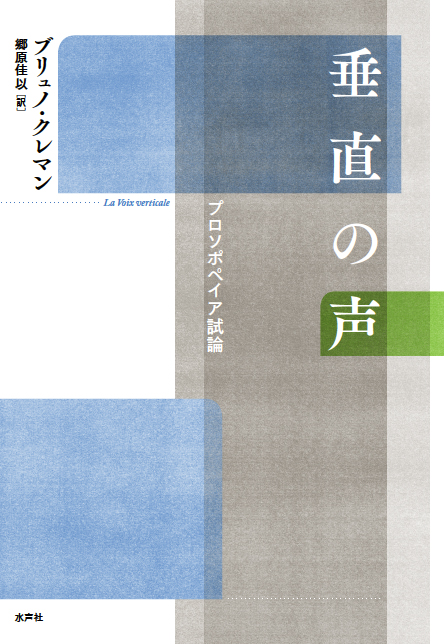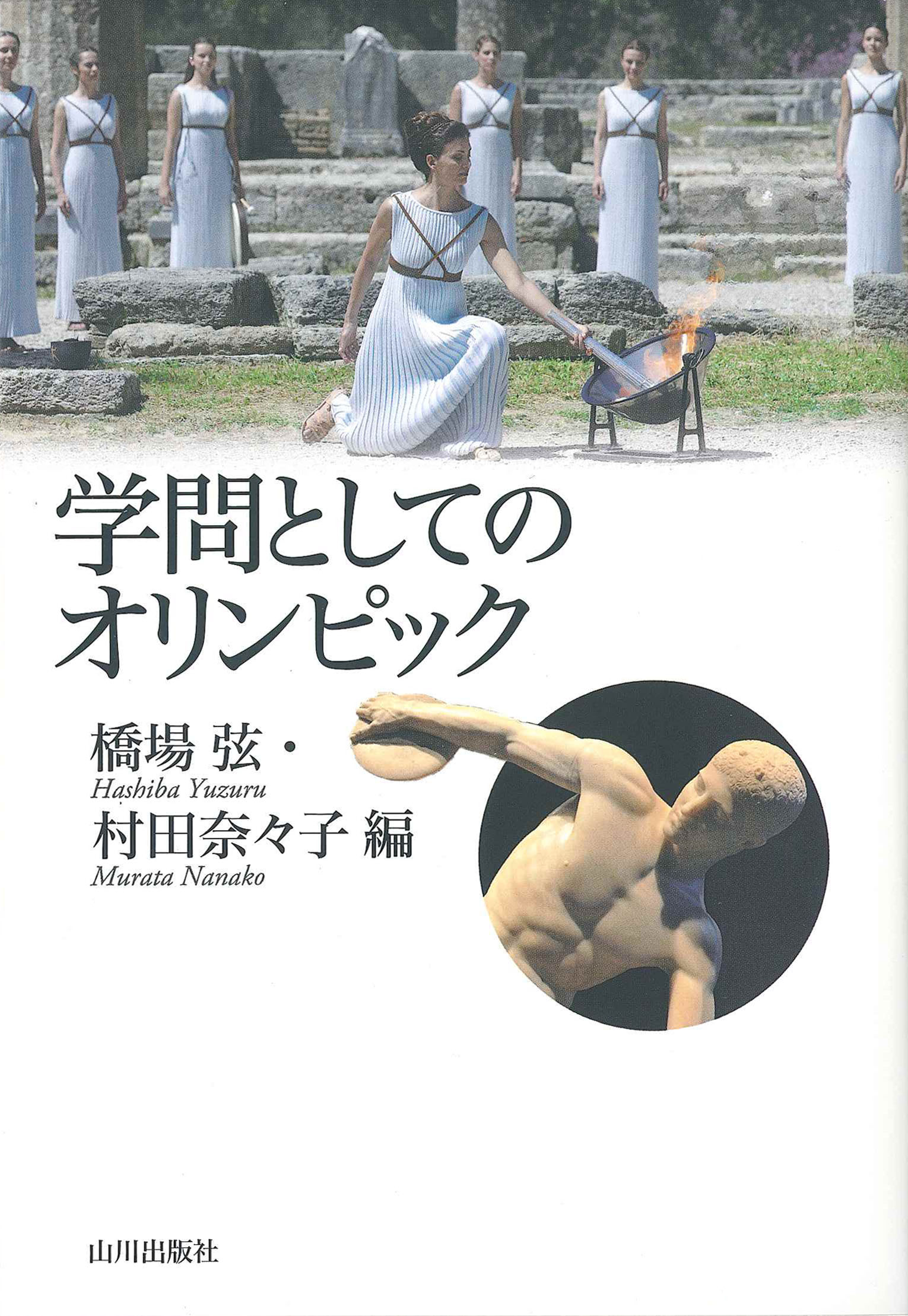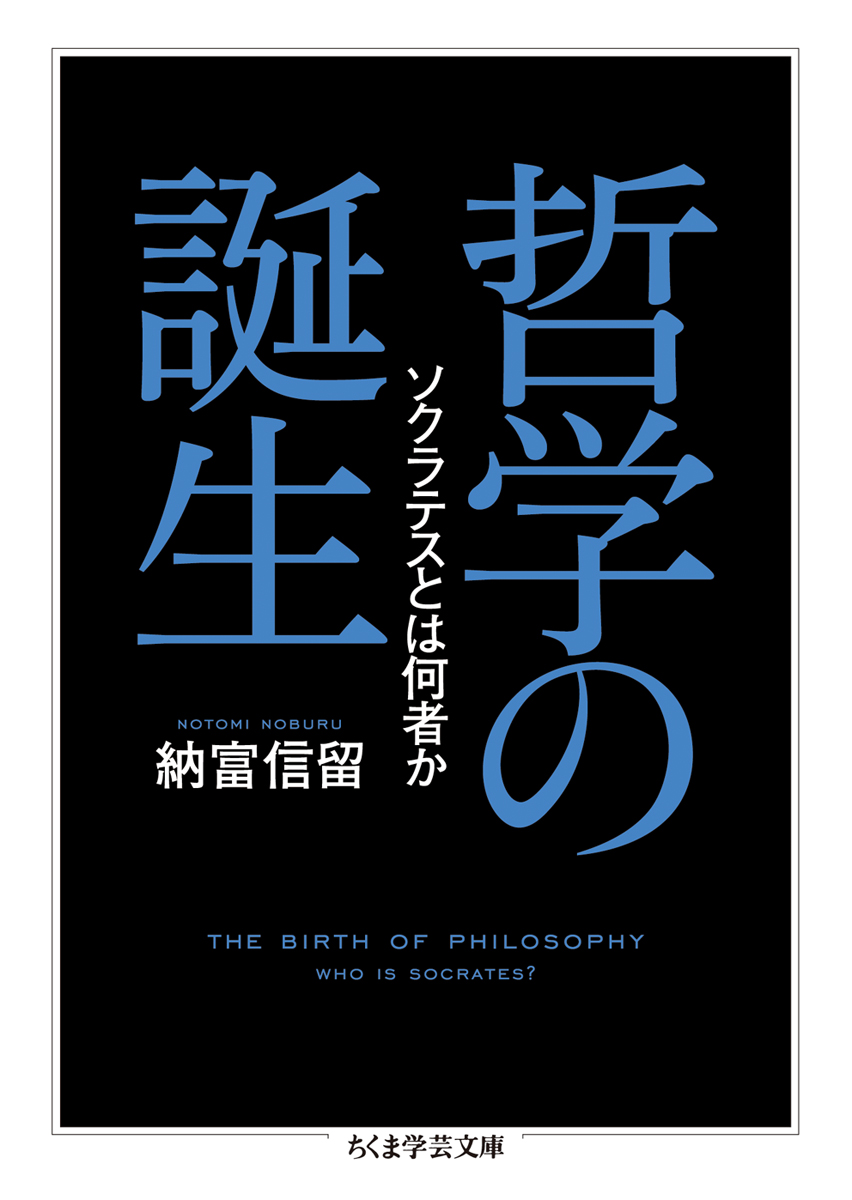
Title
Tetsugaku no Tanjo (The Birth of Philosophy: Who is Socrates?)
Size
368 pages, paperback edition
Language
Japanese
Released
April 06, 2017
ISBN
978-4-480-09794-1
Published by
Chikuma Shobo
Book Info
See Book Availability at Library
Japanese Page
Philosophy is argued to have started in the late 5th century B.C., initiated by Socrates. Why is he considered to be the first philosopher when he did not leave any writing himself? This book approaches the background of this question and underlying philosophical problems through diverse Socratic literature with Socrates as the central figure. This is the only piece of academic literature on this subject in Japan, but it can also be enjoyed by lay readers.
The conventional notion of the history of philosophy holds that Greek philosophy was the product of miraculous accomplishment delivered by three geniuses, Socrates and his followers Plato and Aristotle. However, it overlooks something critical. It is a dynamic process through which philosophy was truly formed as a result of the contemporary controversy over the subject of who Socrates was. In 399 B.C., he was tried in Athens and sentenced to death on account of impiety. There arose arguments between critics and proponents of Socrates’ way of life. Meanwhile, his followers openly published two hundreds of Socratic dialogues in the first half of the fourth century B.C., forming a new genre, Socratic literature. This includes all Platonic dialogues as well as the existing four dialogues written by Xenophon. Including all the fragments and titles preserved today, the body of text, together with contextual background, conjures up various images of Socrates.
Firstly, Plato’s major work Phaedo describes the death of Socrates, which provides a clue for elucidating what Plato intended to convey through his story-telling. Another point of focus in Socratic literature was his relationship with Critias, Socrates’ follower and a central figure in the oligarchical government in 404/3 B.C., and with Alcibiades, a genius who threw the whole Greece and Persia into mayhem with his uncontrolled political activities. The book explores the evaluation of Socratic philosophy which each author attempted to convey through the literary style of dialogue. The intertextual interpretation gradually reveals the birth of philosophy in ancient Greece 2400 years ago. The final chapter treats Socrates in Japan since the Meiji era, and attempts to prove that the catchphrase that has penetrated throughout Japan, “Muchi-no-chi (knowledge of not-knowing),” is a misconception created from distorted history.
The work is a revised and supplemented version of The Birth of Philosophers—People around Socrates (Chikuma Shinsho, 2005), which contains a supporting argument to reconsider the relationship between sophists and philosophers. The author explains the current status of this field of study in the world following the publication in the postscript to the paperback version.
(Written by NOTOMI Noburu, Professor, Graduate School of Humanities and Sociology / 2018)



 Find a book
Find a book


